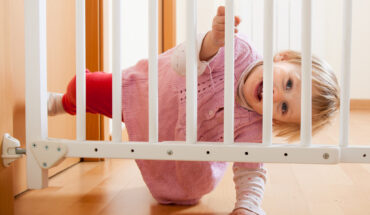As your elderly loved one begins to approach that era of their life when they need assistance, you should educate yourself on the best ways to support them. One of the common medical problems that seniors usually have to deal with is dentistry – finally, the years of wear and tear are catching up. Here are the things to look out for!
Combat Dry Mouth
Suffering from dry mouth can increase the risk of dental disease – after all, teeth thrive best when covered in a safe layer of saliva. Seniors are at a particular risk for dry mouth because of the fact that they tend to be on many medications. While of course the side effects of medication vary, generally speaking, it is likely that dry mouth will occur in someone who is taking numerous medications for treatment unrelated to dentistry or dental hygiene. This can be treated with increased hydration or products made specifically to boost saliva production. Ask their dentist which option would be best for them.
Get Professional Dental Care as Needed
There are some dental problems that elderly patients are particularly susceptible to, and attending regular dental appointments can reduce the risk of developing them. Your senior is going to have specific problems and circumstances that demand personal and professional attention. Unfortunately, this isn’t really an optional step; as helpful as articles can be, they need to meet with a dentist regularly. Make sure they have proper dental insurance planned well through retirement. Even with plenty of money saved up, paying out of pocket for dental or medical procedures can throw a serious wrench in your plans.
Be Gentle and Be Aware
Seniors can go about caring for their teeth in many ways, but the most important thing to do is to not neglect the normal, day-to-day oral care we all need. Prevention is the best cure, so seniors must make sure they keep up on their brushing and flossing. If they need correction, be sure to do so properly and gently, according to guidelines as outlined by your dentist. If you feel pain or looseness in your teeth, bring it to your dentist’s attention. Be diligent in carrying out their instructions or prescriptions.
All too often, elderly people can enter their final years in a lonely or difficult way, without significant family support. Whether you are a senior, or you’re caring for one, you can be the care that they need – or you can find that within yourself. Be attentive, thoughtful, and gentle, and you’ll have a bright smile that’ll last.
Check out this article on the most important habits you can develop for better teeth!




